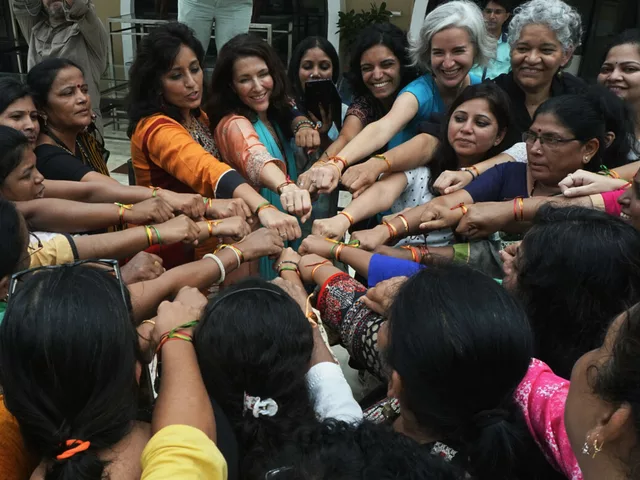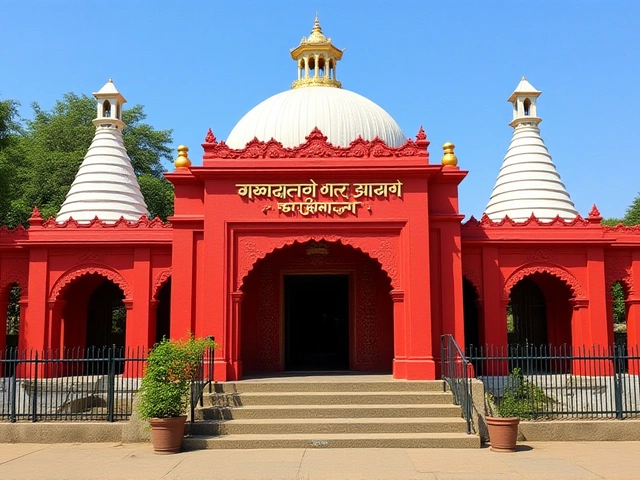Educational Qualifications for Indian Jewellers: A Practical Guide
If you’re looking to hire a jeweller or start a career in jewellery, the first thing most people think about is the design or the sparkle. But the real backbone is the education behind the work. Knowing what qualifications matter helps you pick a trustworthy artisan and gives aspiring jewellers a clear roadmap.
Common Courses and Diplomas
Most Indian jewellers start with a formal course in jewellery design or goldsmithing. Institutes like the National Institute of Design (NID) and the Gem and Jewellery Institute (GJI) offer diplomas that cover sketching, CAD software, metalwork, and stone setting. A typical diploma runs for 1‑2 years and ends with a hands‑on project that mimics real‑world orders.
Another popular route is a B.Tech in Jewellery Technology. This degree is more technical – you’ll study metallurgy, gemstone grading, and even basic business management. Graduates often land jobs in larger manufacturing units or take up senior roles in retail chains.
Apprenticeships are still alive in many towns. A teenage apprentice works under a master jeweller for 3‑4 years, learning the trade through daily practice. While not a formal degree, an apprenticeship is highly valued because it proves the jeweller can actually craft pieces under pressure.
Industry Certifications That Add Credibility
Beyond courses, certifications from recognized bodies boost credibility. The Gemological Institute of America (GIA) offers a Graduate Gemologist (GG) program that teaches you how to identify and grade diamonds and colored stones. Clients often ask for a GIA certificate when buying high‑value pieces.
In India, the Indian Gem & Jewellery Trade Association (IGJTA) provides a Certified Jeweller program. It tests knowledge of design standards, hallmarking, and legal requirements. Having IGJTA certification signals that the jeweller follows national quality norms.
Many retailers also seek Hallmarking Certification from the Bureau of Indian Standards (BIS). This ensures the gold purity claimed on the piece matches the actual content. A BIS hallmark is a simple way for shoppers to verify authenticity.
Why do these credentials matter? First, they cut down the risk of fraud – you know the person knows the material and the process. Second, they often translate into better pricing because a certified jeweller can handle complex designs without extra labor costs.
When you’re evaluating a jeweller, ask about the specific qualifications they hold. A combination of a diploma, a hands‑on apprenticeship, and a reputable certification is the sweet spot. It shows a blend of theory, practice, and industry standards.
In short, educational qualifications for Indian jewellers aren’t just paper – they’re proof of skill, reliability, and a commitment to quality. Whether you’re hiring or learning, look for the right mix and you’ll get pieces that truly shine.

What is the average salary of an Indian man?
The average salary of an Indian man depends on a variety of factors such as his educational qualifications, work experience, location, and the industry he works in. Generally, the salary levels in India are lower than the global average. According to the 2019-20 All India Survey on Higher Education (AISHE), the median monthly salary of a male graduate was ₹31,732. For post-graduates, the median salary was ₹47,936.





